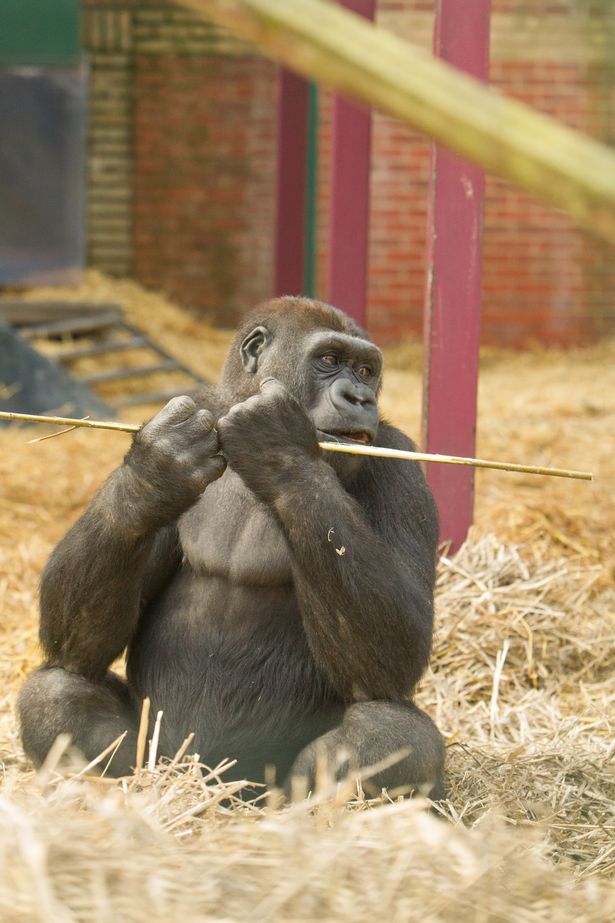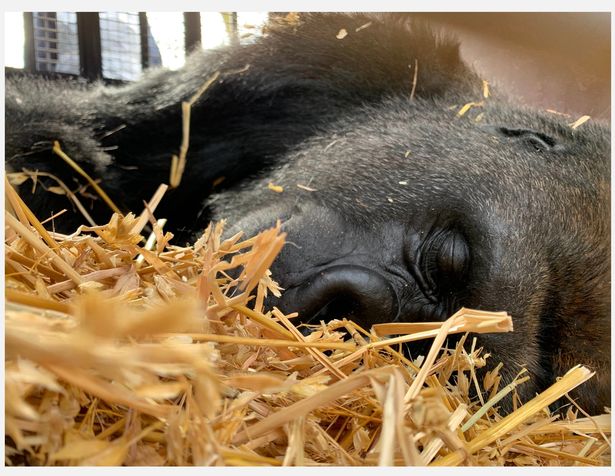A 30-stone gorilla born and raised in Kent has been packed off to the Congo on a mission to help save his species.
Joshi, who was born 13 years ago, will join others from Howletts Wild Animal Park at Lesio-Louna Reserve, a vast site north of Brazzaville, in the Republic of the Congo, which is dedicated to the protection of gorillas.
Western lowland gorillas are ranked as critically endangered on the international red list of threatened species.
Numbers in the species’ traditional African range are thought to have fallen by up to 60 per cent in 25 years.
What is your view? Have your say in the comment section

The Aspinall Foundation has gradually reintroduced a population into the forests.
Many of the apes at Lesio-Louna began their lives at Howletts, near Canterbury, and its nearby sister park, Port Lympne.
Damian Aspinall, chairman of The Aspinall Foundation, said: “We are incredibly proud that, despite a global pandemic, we have successfully translocated Joshi to begin the first stage of his rewilding journey.”
Like news? Sign up to one of the Mirror’s newsletters


Joshi underwent extensive veterinary checks before leaving the UK from Stansted Airport in a specially-designed transport crate.
He stopped off at Luxembourg and then continued on to Brazzaville in an epic journey covering more than 5,500 miles.
He will now spend a few months acclimatising to his new environment, weather and diet in a custom-built habituation area.

(Image: Handout)
The next stage of Joshi’s rewilding, which will see him living wild and free in the forests of Lesio-Louna Reserve under the protection of The Aspinall Foundation team.
Despite many saying it was impossible, the Aspinall foundation has reintroduced over 70 gorillas from both in and ex situ populations into the wild, with a 95% annual survival rate, and over 30 births to released animals.

Damian, who wants all zoos phased out, added: “This project is the latest exciting chapter in a story going back more than 30 years.
“We have already returned 70 western lowland gorillas, 8 black rhino, 2 cheetahs, 159 langurs and gibbons, 12 European bison, 20 mandrill and 11 Przewalski horses to protected areas of their ancestral homelands.”


